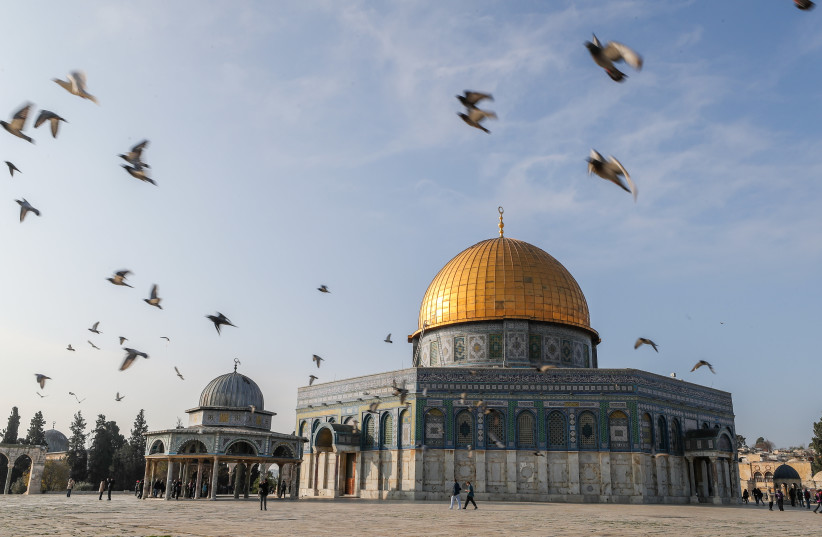Israel is reportedly trying to prevent a meeting of the UN Security Council tomorrow regarding the visit of the National Security Minister Itamar Ben-Gvir to the Temple Mount and to thwart the adoption of a decision or publication of a statement on behalf of the members of the Council.
This was reportedly said in a diplomatic cable message on Wednesday morning sent to about 15 Israeli embassies around the world.
Main Points
At the request of the Palestinians, yesterday China and the United Arab Emirates - the latter representing the Arab League in the Security Council - appealed to the Japanese ambassador who serves as acting president of the UN Security Council, demanding an emergency public meeting of the council to discuss the events in Jerusalem.
Currently, it appears that the discussion will take place Thursday at 10 p.m. Israel time. The Palestinians are trying to push for a Security Council resolution on the issue, but the chances of that happening are low.
If this does not materialize, the Palestinians want the Security Council to issue a press release on behalf of all 15 member states regarding Ben-Gvir's visit to the Temple Mount.

Behind the scenes
Noa Furman, an official at the division for international organizations at the Foreign Ministry, reportedly sent a message via diplomatic cables on Wednesday morning to the Israeli embassies in the member states of the Security Council and to the Israeli delegation to the United Nations.
Furman allegedly instructed the Israeli delegations to "urgently contact" interlocutors in the foreign ministries of those countries so that they oppose the holding of the discussion in the Security Council and act to block a result such as a resolution, a presidential announcement or a press release.
The Israeli diplomats were instructed to claim that there is already an open discussion of the UNSC scheduled for January 18 on the Israeli-Palestinian issue in which anyone who is interested can speak, and therefore there is no need for another separate discussion.
Furman directed the Israeli diplomats to make it clear to their host countries that holding a discussion on the Temple Mount issue or adopting any product by the Security Council "will give a boost to Hamas and the terrorist organizations that use Jerusalem to encourage violence."
The bigger picture
The Temple Mount as it is called by the Jews, or Haram al-Sharif as it is called by the Muslims, is the most sensitive religious site in Jerusalem.
For the Jews, the Temple stood on the Temple Mount and is considered the holiest place in Judaism. The Al-Aqsa Mosque located there is considered the third holiest site for Muslims after the holy cities of Mecca and Medina in Saudi Arabia.
